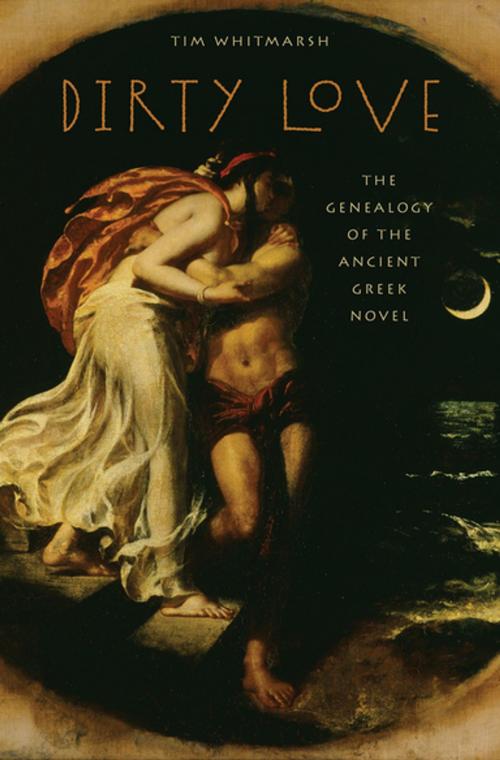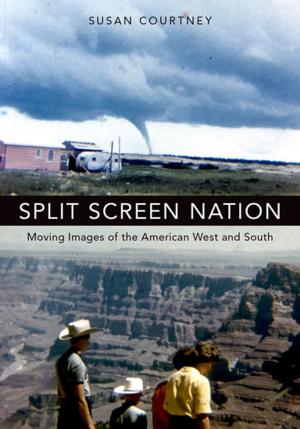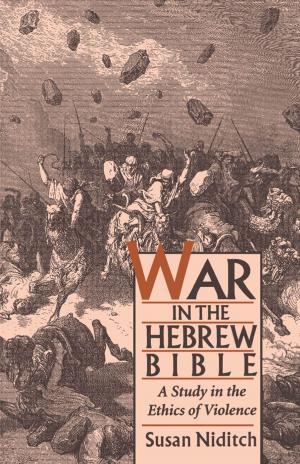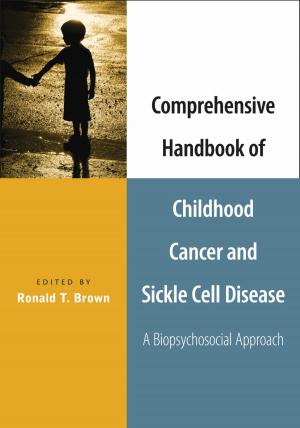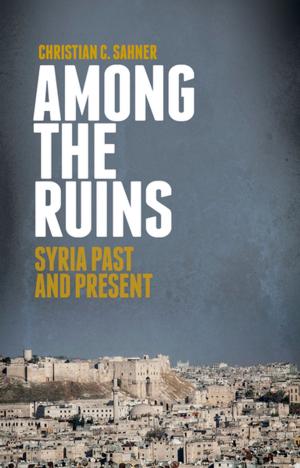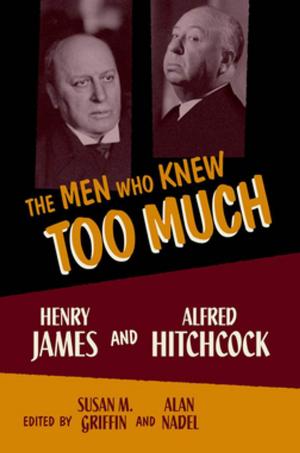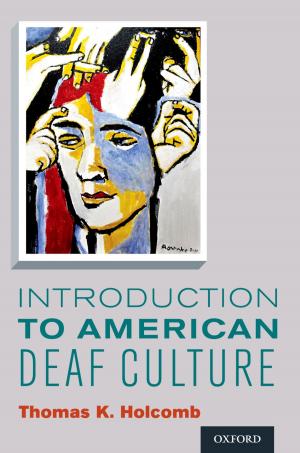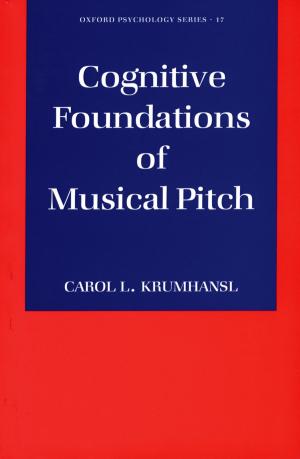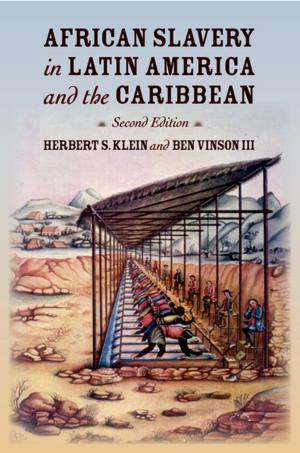Dirty Love
The Genealogy of the Ancient Greek Novel
Fiction & Literature, Literary Theory & Criticism, Poetry History & Criticism, Nonfiction, History| Author: | Tim Whitmarsh | ISBN: | 9780190880781 |
| Publisher: | Oxford University Press | Publication: | April 2, 2018 |
| Imprint: | Oxford University Press | Language: | English |
| Author: | Tim Whitmarsh |
| ISBN: | 9780190880781 |
| Publisher: | Oxford University Press |
| Publication: | April 2, 2018 |
| Imprint: | Oxford University Press |
| Language: | English |
Some of the world's earliest large-form fictional narratives--what would today be called novels-are found in ancient Greece. Dating back to the first century CE, these narratives contain many of the elements common to the novelistic genre, for instance, the joining, separation, and reunion of two lovers. These ancient works have often been heralded as the ancestors of the modern novel; but what can we say of the origins of the Greek novel itself? This book argues that whereas much of Greek literature was committed to a form of cultural purism, presenting itself as part of a continuous tradition reaching back to the founding fathers within the tradition, the novel reveled in cultural hybridity. The earliest Greek novelistic literature combined Greek and non-Greek traditions. More than this, however, it also often self-consciously explored its own hybridity by focusing on stories of cultural hybridization, or what we would now call "mixed-race" relations. This book is thus not a conventional account of the origins of the Greek novel: it is not an attempt to pinpoint the moment of invention, and to trace its subsequent development in a straight line. Rather, it makes a virtue of the murkiness, or "dirtiness," of the origins of the novel: there is no single point of creation, no pure tradition, only transgression and transformation. The novel thus emerges as an outlier within the Greek literary corpus: a form of literature written in Greek, but not always committing to Greek cultural identity. Dirty Love focuses particularly on the relationship between Persian, Egyptian, Jewish and Greek literature, and explores such texts as Ctesias' Persica, Joseph and Aseneth, the Alexander Romance, and the tale of Ninus and Semiramis. It will appeal not only to those interested in Greek literary history, but also to readers of near eastern and biblical literature.
Some of the world's earliest large-form fictional narratives--what would today be called novels-are found in ancient Greece. Dating back to the first century CE, these narratives contain many of the elements common to the novelistic genre, for instance, the joining, separation, and reunion of two lovers. These ancient works have often been heralded as the ancestors of the modern novel; but what can we say of the origins of the Greek novel itself? This book argues that whereas much of Greek literature was committed to a form of cultural purism, presenting itself as part of a continuous tradition reaching back to the founding fathers within the tradition, the novel reveled in cultural hybridity. The earliest Greek novelistic literature combined Greek and non-Greek traditions. More than this, however, it also often self-consciously explored its own hybridity by focusing on stories of cultural hybridization, or what we would now call "mixed-race" relations. This book is thus not a conventional account of the origins of the Greek novel: it is not an attempt to pinpoint the moment of invention, and to trace its subsequent development in a straight line. Rather, it makes a virtue of the murkiness, or "dirtiness," of the origins of the novel: there is no single point of creation, no pure tradition, only transgression and transformation. The novel thus emerges as an outlier within the Greek literary corpus: a form of literature written in Greek, but not always committing to Greek cultural identity. Dirty Love focuses particularly on the relationship between Persian, Egyptian, Jewish and Greek literature, and explores such texts as Ctesias' Persica, Joseph and Aseneth, the Alexander Romance, and the tale of Ninus and Semiramis. It will appeal not only to those interested in Greek literary history, but also to readers of near eastern and biblical literature.
